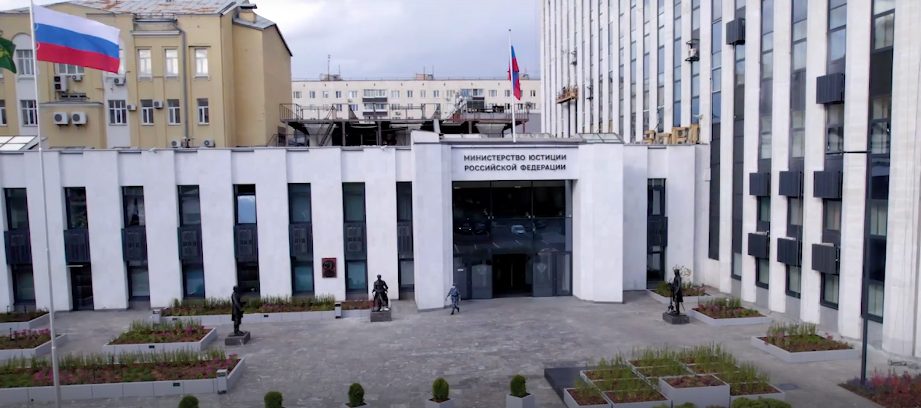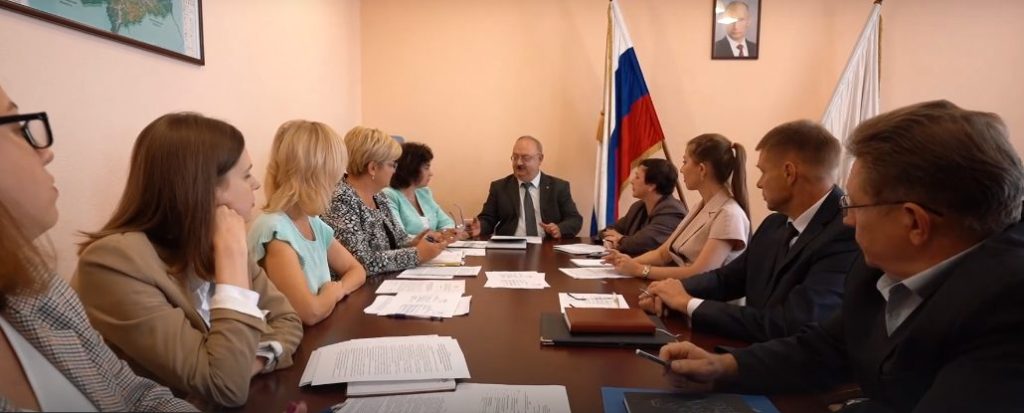Russia Moves to Legalize Cryptocurrency Confiscation: A Game Changer for Law Enforcement
The Russian landscape surrounding cryptocurrency is undergoing a significant transformation. The government has taken a decisive step towards integrating cryptocurrency and related terminology into its criminal code. This pivotal move aims to empower law enforcement agencies to confiscate digital assets during criminal investigations, a process currently hampered by vague legal definitions. As reported by Vedomosti, a prominent Russian newspaper, this planned legislation received the green light from the Government Commission on Legislative Activity and is set to advance to the State Duma shortly.

Why This Matters: The Need for Clarity in Cryptocurrency Regulations
Currently, the absence of legal definitions concerning crypto within Russia’s Criminal Code has created hurdles for law enforcement. With no explicit designation of cryptocurrency as property, police and public prosecutors face challenges in enforcing the law effectively. The situation echoes a larger global concern: as cryptocurrencies become more integrated into financial ecosystems, legal frameworks must evolve to adequately govern their use and implications.
The proposed changes signify a crucial shift in this direction. Experts believe that by delineating cryptocurrencies and their legal ramifications, authorities could streamline investigations, enhance asset recovery, and ultimately improve overall legal compliance in the rapidly evolving digital asset space.
A Complicated Confiscation Process: The Existing Legal Quagmire
This isn’t Russia’s first attempt at legislative progress regarding cryptocurrencies. Back in 2020, lawmakers recognized cryptocurrency as intangible property in bankruptcy contexts, paving the way for future regulatory frameworks. However, traditional criminal cases have lagged behind, leading to frustrations among law enforcement officials.
Vladimir Gruzdev, Chairman of the Board at the Association of Lawyers of Russia, highlighted that current mechanisms for confiscating cryptocurrency are convoluted. Coins may only be seized with the intervention of specialists capable of handling these unique assets. For instance, while authorities can physically confiscate hardware wallets, seizing funds from “hot” wallets means transferring coins to a designated address – a cumbersome and time-consuming task.

Expert Opinions: A Mixed Bag of Optimism and Skepticism
Reactions to the proposed legislation have been varied. On one hand, legal experts like Gruzdev see this draft law as a vital step forward, enabling authorities to classify digital assets for confiscation and clarify existing ambiguities in the law. In a recent statement, he noted that the bill would provide the necessary frameworks that have long been absent from discussions surrounding crypto-related crimes.
However, some legal professionals express caution. Maria Bakakina, a criminal law adviser at Sokolov, Trusov, and Partners, raised critical questions about the practicalities of prior legal mechanisms for seizing cryptocurrency. The challenges presented by previous cases highlight the need for a more robust infrastructure to support law enforcement’s engagement with digital assets.
Future Outlook: The Path Ahead for Russian Cryptocurrency Regulation
The proposed draft comes at a time when countries around the world are grappling with the implications of cryptocurrency on traditional financial and legal systems. As the Russian Federal Bailiff Service explores methods to convert seized Bitcoin into usable cash for state funds, the broader implications of the bill remain a point of discussion among analysts.
Experts like Daniil Markhiyev emphasize the importance of safeguards to protect innocuous individuals caught up in criminal investigations. As legislation unfolds, the stakes are high for transparency and fairness in handling virtual assets, raising a pivotal question: will these new regulations protect the rights of everyday users while enabling law enforcement to effectively tackle criminal activity?
Conclusion: A New Dawn for Cryptocurrency in Russia?
As Russia prepares to redefine its legal landscape regarding cryptocurrency, the proposed changes herald a potentially transformative era for both law enforcement and crypto users. While the document is still in the early stages of consideration, its implications could reach far beyond Russia’s borders, potentially influencing global discourse on digital asset regulation. What remains to be seen is how these developments will balance legal frameworks, law enforcement efficacy, and the rights of individuals engaging with cryptocurrencies. Engage in the discussion: how do you see these changes impacting the future of cryptocurrency in Russia and beyond?

